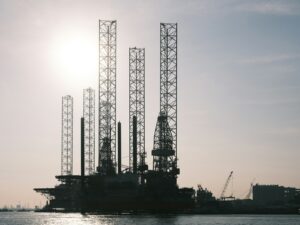20 universities sign up to £50m renewables deal
The Energy Consortium (TEC) has established an aggregated power purchase agreement (PPA) for 20 UK universities, including Newcastle University, University of Exeter and Aberystwyth University
The deal will see the universities buy £50m of renewable energy from a range of wind farms with a fixed power price at a competitive rate for the next ten years.
Under the new, much tougher legislative target of net-zero greenhouse gas emissions by 2050, the emissions from estates will have to be completely eliminated or more difficult examples, offset by schemes with clear, robust auditing of activity proving removal of CO2 from the atmosphere.
The TEC PPA is from onshore wind, a clean renewable energy product that produces zero carbon and can be reported as.
The deal is provided through the TEC’s current and future framework energy partners, EDF Energy, with renewable British onshore wind power provided by Statkraft, the largest renewables generator in Europe and Squeaky Clean Energy, a 100% renewable supplier.
Richard Murphy, managing director of TEC said: ‘The corporate PPA market has long been used as a means for larger organisations to procure renewable power and enable subsidy-free.’
‘But acting together in a collaborative approach facilitated by the energy expertise here at TEC, these institutes have been able to navigate a previously inaccessible market.’
‘The combined challenge facing the Higher Education and wider public sector is to secure reduced carbon emissions whilst saving money and I am delighted that these universities have secured both through this groundbreaking deal.’
Matt Dunlop, head of sustainability at Newcastle University said: ‘It is fantastic that the University has been able to enter into this long term contract for onshore wind power, under the PPA established by TEC.’
‘Under the TEC’s frameworks, we have purchased 100% renewable electricity since 2017, and the PPA is part of our strategy to diversify and increase our investment in both on and off-site renewables as part of our climate action plan to achieve net-zero CO2 emissions by 2040.’
In related news, a recent report found that if Europe maximised land for onshore wind farms, it could produce 100 times more renewable energy and supply enough electricity for the whole world until 2050.
Photo Credit – Pixabay















